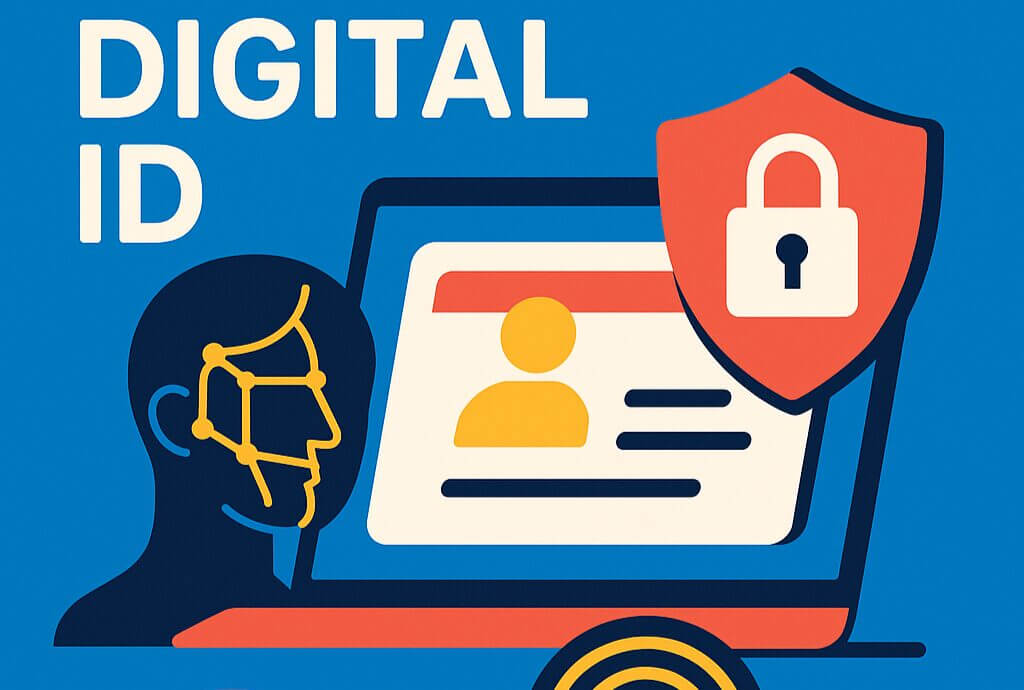In brief
- Controlled prisoner calls reduce reoffending but require strict monitoring.
- New Zealand prisoners use communal landlines with pre-approved numbers; misuse leads to disciplinary action.
- Contraband cellphones enable gang activity, drug deals, and witness intimidation.
- Efforts to stop smuggled phones include searches, sniffer dogs, and full-body scanners.
- Monitored in-cell phones reduce tensions, improve access to support services, and lower contraband risks, but they can be costly to implement.
Prison phone access under control
Controlled and monitored prisoner calls to loved ones can reduce reoffending, but contraband cellphones enable crime and risk the safety of people both inside and outside of the prison.
New Zealand prisoners use communal landline phones under strict controls, with calls monitored, logged, and limited to pre-approved numbers. Prisoners get one weekly call, with new arrivals receiving a free call to notify next of kin. Up to 10 personal numbers (plus two for legal counsel) require recipient consent.
Calls, managed through the Corrections Prisoner Telephone System (CPTS), are limited to 15 minutes, while approved helplines for services like legal aid and mental health allow 55 minutes. Misuse, such as redirecting calls to unauthorised recipients, can lead to disciplinary action and loss of privileges.
Cell phones in prisons are a bad call
Contraband cellphones bypass these controls and pose significant risks. Smuggled in via packages, corrupt staff, or thrown over prison walls, they have been linked to gang operations, drug deals, witness intimidation, and even escape attempts.
Between 2020 and 2022, 626 cellphones and over 750 related items (e.g., chargers, SIM cards) were seized, with Rimutaka Prison having the highest number. These phones are highly valuable, fetching high prices behind bars.
A 2023 case revealed a gang leader orchestrating a sophisticated drug ring from his Hawke’s Bay prison cell.
Recently, Auckland South Corrections Facility (Wiri Prison)—New Zealand’s only privately run prison—faced operational challenges, including inmates using smuggled phones to record TikTok videos. Serco, the British multinational operating Wiri Prison, issued an apology when a video showing guards made by a gang member from inside the prison went viral, racking up hundreds of thousands of views online.
Corrections deployed staff to assist in managing gang-dominated units, exposing shortcomings in Serco’s oversight.
Serco previously lost the Mt Eden Prison contract in 2015 after reports of unsupervised “fight clubs,” “freely available” drugs, and cellphones smuggled in by corrupt staff.
Ongoing efforts to curb cellphones include searches, sniffer dogs trained to detect specific metals unique to cellphones, and full-body imaging technology. However, jamming devices, introduced in 2008, were scrapped in 2022 after interfering with staff communications.
The case for monitored in-cell phones
Wiri Prison introduced in-cell phones in 2015 as part of its “responsible prisoner model,” which was widely reported by international media at the time. These are not cellphones but restricted landline devices installed in cells.
Advocates point out that in-cell phones allow access to approved numbers while maintaining monitoring controls. They reduce competition over communal phones, easing tensions and improving the prison environment. Additionally, easier access to mental health and support services can help reduce self-harm incidents.
An ombudsman’s report on Wiri Prison’s operations had many favourable comments regarding the in-cell system, with relatively few concerns.
International examples from Ireland, France, and the UK show that in-cell phones contribute to fewer incidents of violence and contraband. However, the in-cell phones are not being rolled out to other prisons, apparently due to cost concerns.



















